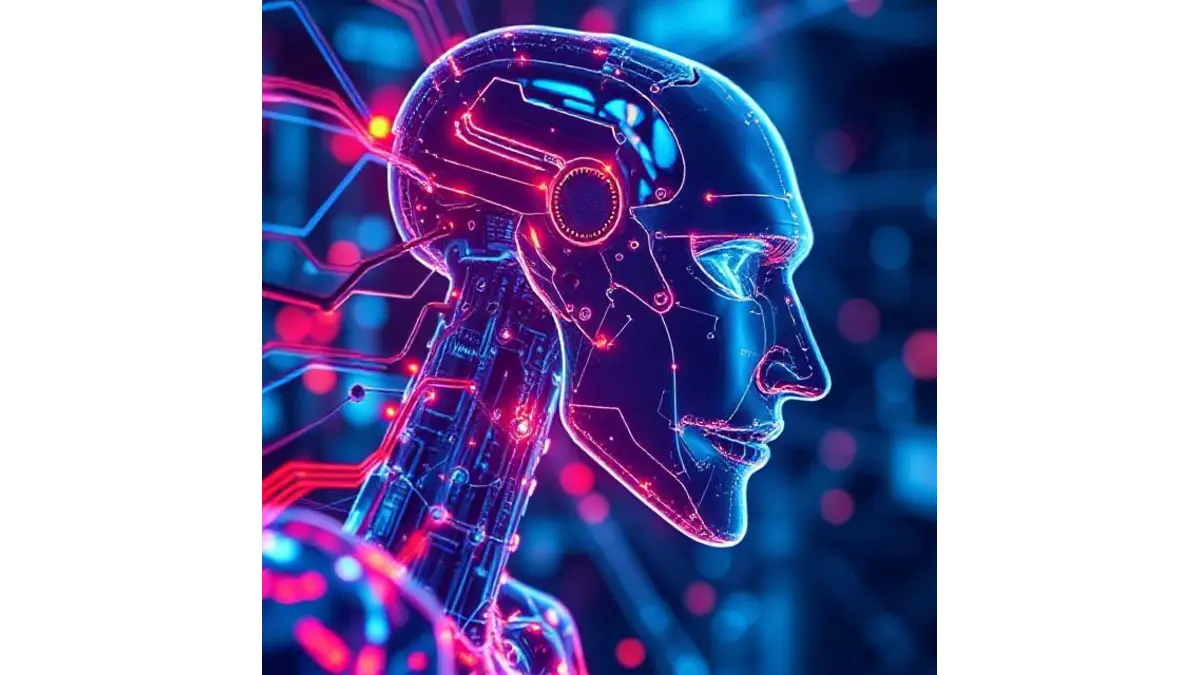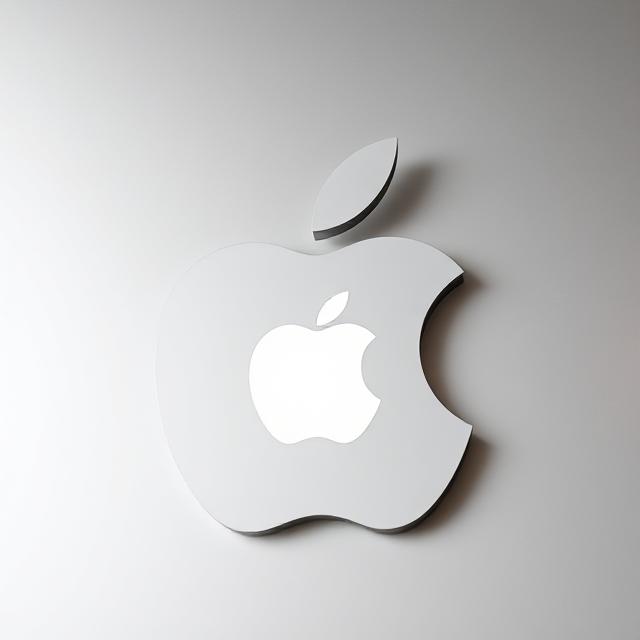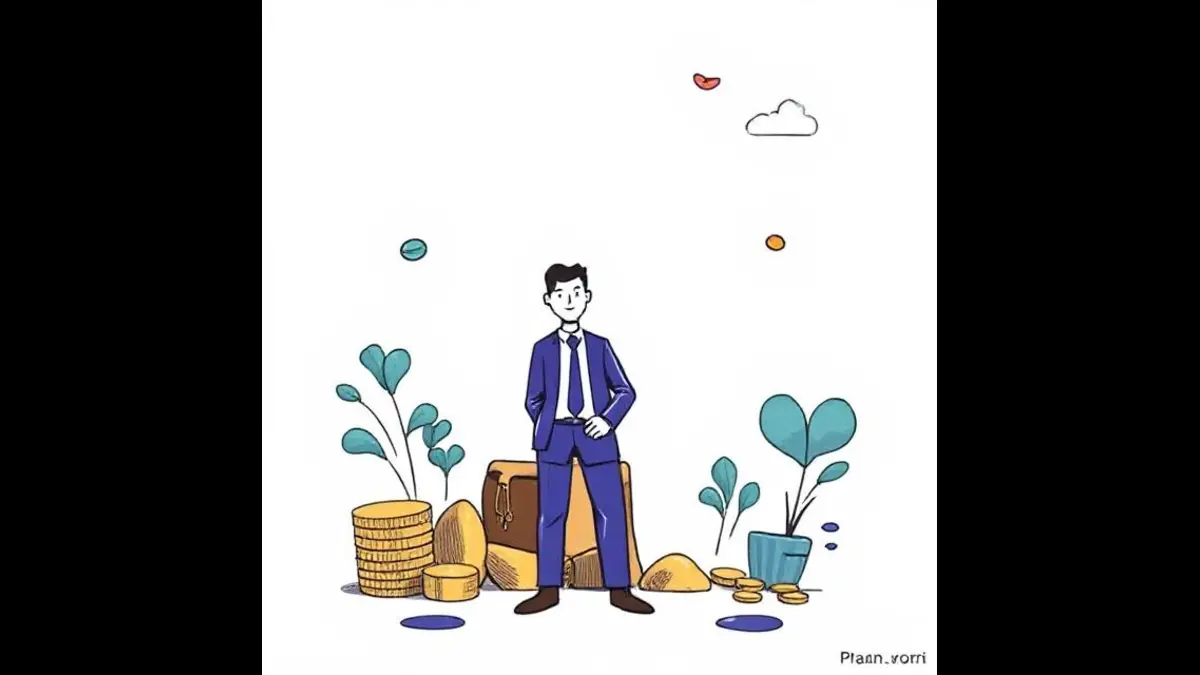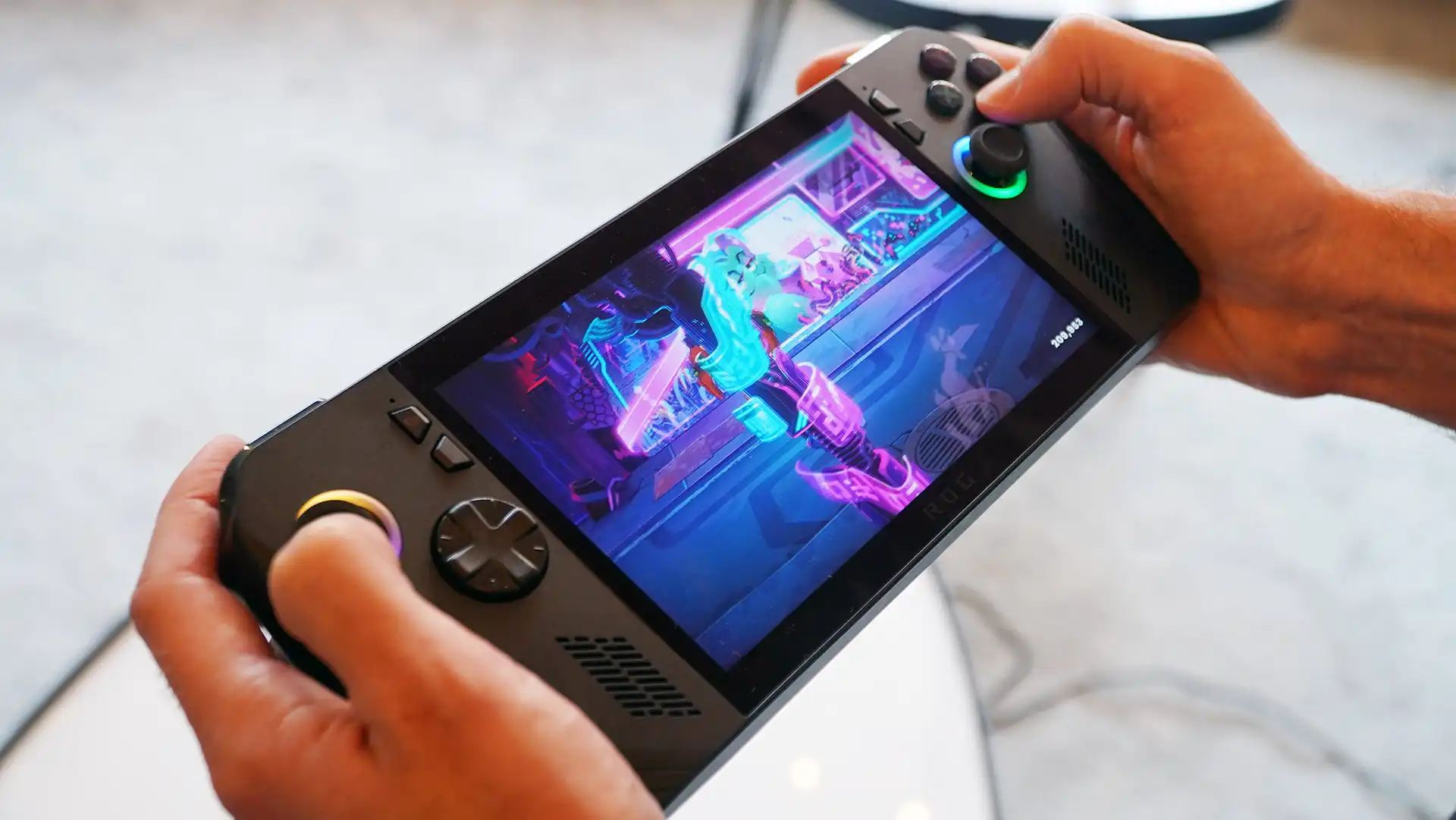
Understanding the AI vs. Human Coders Debate
Artificial intelligence tools—from GitHub Copilot and OpenAI Codex to Google’s Bard and Jules—are gaining ground in coding. They assist with autocomplete, bug-fixing, code generation, and even research. Despite fears AI may soon replace programmers, industry leaders still emphasize the indispensable role of humans. This article explores why, according to Google CEO Sundar Pichai, AI cannot fully replace human coders—yet.
Sundar Pichai’s Perspective on AI in Software Engineering
At a recent Bloomberg Tech conference and in a Lex Fridman podcast, Pichai shared compelling insights. At Google, AI already generates 25–30% of new code. More importantly, this has boosted overall engineering velocity by about 10%. And far from slowing hiring, Google plans to bring on more engineers through 2026 to capitalize on this momentum.
AI-Generated Code at Google
Tools like Bard and Jules may write a significant portion of code, but every AI-generated line still goes through human review. This process maintains quality and aligns with project goals. Pichai underlined that engineers remain essential for overseeing and integrating code efficiently.
Why AI Still Needs Human Oversight
AI-generated text and code are prone to “hallucinations”—confidently incorrect outputs finance.yahoo.com. More importantly, AI models function as opaque “black boxes”: we don’t always understand how they reach conclusions, complicating error resolution . Ethical, contextual, and regulatory oversight remains firmly in the human domain.
The Role Humans Play in AI-Assisted Coding
Only humans bring creativity, strategic thinking, and ethical judgment to the table. Pichai envisions future developers as co-creators, using AI as a creative enabler—not simply a tool but as an “extraordinary AI companion”.
Vibe Coding: A New Frontier
Describing his own experiments with AI coding tools like Cursor and Replit, Pichai revealed he enjoys “vibe coding”—prompting AI in natural language to build apps. This approach reduces manual toil and boosts creative flow.
Preparing for the Future — Tech Professionals’ Advice
When asked how tech pros can stay relevant, Pichai suggested eight strategies, including:
- Design automation, not just run it.
- Emphasize uniquely human creativity.
- Learn to speak AI’s language.
- Adopt a product-centered mindset.
- Embed ethical standards.
- Lead hybrid human-AI teams.
- Engage publicly on technology.
- Collaborate with, not combat, AI.
Industry Comparisons: Other Leaders Speak
OpenAI’s Sam Altman likened AI to an intern—but expects it to reach senior-engineer level soon. Meanwhile, analysts and developers argue AI “still needs human review and maintenance” and “answering rare edge cases or novel problems remains human work” medium.com.
The Future of Engineering Jobs
Pichai and others believe entry-level roles won’t vanish overnight. Instead, they’ll evolve: engineers will oversee AI, build high-level system designs, and focus on innovation, not mundane tasks.
Barriers to Full Automation
Key hurdles include AI hallucinations, lack of deep reasoning, and black-box decision-making . Regulatory and ethical frameworks also lag behind technological progress, slowing widescale adoption.
AI’s Impact on Code Quality and Maintainability
Faster code isn’t necessarily better. AI-generated code can be hard to read or maintain. Human developers must confirm clarity, readability, and long-term viability reddit.com.
Democratizing Programming with AI
Natural-language coding tools are lowering barriers for non-engineers and budding developers. Pichai calls this “democratizing technology”—AI makes innovation more accessible worldwide, including in India .
Ethical and Responsible AI Adoption
Pichai reiterates Google’s cautious approach—balancing speed with responsibility. Regulated rollouts, fairness, and user privacy guide their strategy businessinsider.com.
Preparing for Collaboration, Not Replacement
Developers can stay competitive by learning AI tools, enhancing prompt engineering skills, and working alongside AI. Hybrid human-AI teams will define tomorrow’s workflows.
FAQs
- Will AI replace software developers entirely?
No—AI tools are collaborators, not replacers. Engineers oversee, review, and adapt AI-generated code. - What is “vibe coding”?
It’s Pichai’s term for crafting code via natural-language prompts using AI assistants like Cursor and Replit. - How much code at Google is AI-generated?
Around 25–30%, with a measurable 10% increase in engineering velocity. - Why is human review still necessary?
AI can hallucinate, act as a “black box,” or generate unreadable code. Human oversight ensures quality and context. - Does AI lower the barrier to entry in programming?
Yes. Natural-language tools let more people prototype software—even without formal training. - What should developers focus on in an AI era?
Upskill in prompt engineering, ethics, hybrid teamwork, design, and critical thinking as roles shift to creative supervision.
Conclusion: AI as Ally, Not Adversary
While AI is transforming software development—automating routine coding, boosting productivity, and democratizing programming—it is not yet a full substitute for human expertise. According to Sundar Pichai, AI frees engineers for creative problem-solving, improves velocity, and demands more human roles—not fewer. The path forward lies in humans and AI working together, ethically and collaboratively.





